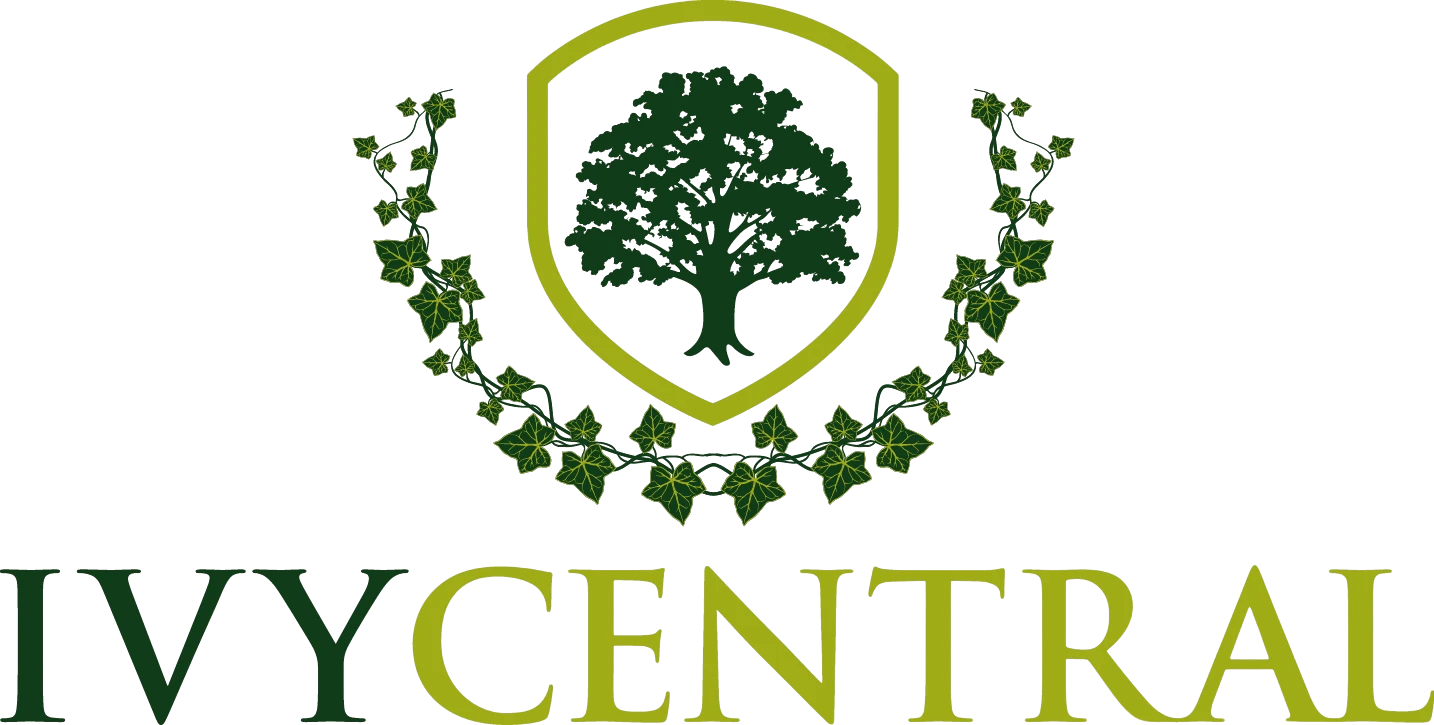 Johns Hopkins University, renowned for its rigorous academics and groundbreaking research, consistently ranks among the top universities globally. It is a university that has revolutionized higher education in the U.S. and continues to bring knowledge and discoveries to the world.
Johns Hopkins University, renowned for its rigorous academics and groundbreaking research, consistently ranks among the top universities globally. It is a university that has revolutionized higher education in the U.S. and continues to bring knowledge and discoveries to the world.
JHU has produced visionary CEOs and scientists; famous conservationists and authors; winners of Oscars, Grammys, Emmys, and Pulitzer Prizes; and a past U.S. president. Ranked at #12 according to Forbes America’s Top Colleges 2025, gaining admission to this prestigious institution is highly competitive.
This blog delves into the acceptance rates at Johns Hopkins University, exploring trends, and factors influencing these rates and providing actionable strategies to improve your chances of acceptance.
Changing Trends
Johns Hopkins University received a record-breaking number of applications (45,134) and enrolled 1,288 for the Class of 2028, maintaining its reputation for being highly selective. Fast Facts | Johns Hopkins University Admissions.
For the previous class (Class of 2027), Johns Hopkins had an overall acceptance rate of 6.2%, admitting 2,403 students out of 38,294 applicants.
Applying through early decision continues to offer a strategic advantage, as evidenced by higher acceptance rates in this category compared to regular decision applicants.
Geographical Diversity
1,749 students from 52 countries, 49 states, the District of Columbia, and two U.S. territories were offered admission to Johns Hopkins University‘s undergraduate Class of 2028 in the Regular Decision cohort, joining 809 previously admitted Early Decision applicants. Johns Hopkins welcomes more students to its Class of 2028 | Hub
Standardized Testing
For recent admission cycles, including the Class of 2028, JHU has adopted a test-optional policy. This means that students are not required to submit SAT or ACT scores as part of their application. This policy aims to reduce barriers and allow students to present their strengths and achievements in a variety of ways.
It is important to note that while test scores are optional, students who believe their scores reflect their academic abilities and enhance their application are encouraged to submit them. This can be beneficial for applicants who have strong test scores. Standardized Testing | Johns Hopkins University Admissions
JHU practices superscoring for both the SAT and ACT. This means the university will consider the highest section scores across all test dates to create a new composite score.
Read more: Understanding the Acceptance Rate of UCLA
Standardized testing will be required beginning with the 2025–2026 application year (students enrolling in fall 2026 and beyond).
A diverse student body
Diversity is a hallmark of the Hopkins community, as demonstrated by the racial and ethnic breakdown of the Class of 2028. The class includes 46.0% Asian students, 5.7% Black students, 10.7% Hispanic students, 34.1% White students, 0.7% American Indian/Alaska Native students, 0.6% Native Hawaiian/Pacific Islander students, and 15.0% international students.
Additionally, 20% of the class are first-generation college students, underscoring Johns Hopkins’ commitment to accessibility and inclusion. The average need-based scholarship for first-year students is $60,000, reflecting the university’s support for its diverse student body
Competitiveness
The students admitted to this university have demonstrated a gamut of meaningful activities that have distinguished them from the other applicants. According to the college websites the cohort includes:
the author of an award-winning children’s book on immunology,
the leader of a government-backed effort to reduce single-use plastics in Korean cafés,
a violinist who performed at Carnegie Hall, and
twin sisters who founded a program introducing neuroscience and psychology to middle and high schoolers around the globe.
Others have spoken at United Nations conferences, published collections of their poetry, supported family members and tutored their peers, presented their research, filed for patents, and launched businesses.
The list is endless.
The incoming class has the qualities that showcase them as unparalleled leaders and deep thinkers. They are either driving social change or working to find solutions egant precision and assurance. Committed to driving social change, they not only work to find solutions but know how to garner buy-in from their peers.
Working with study abroad consultants, overseas education consultants, or, as more commonly known, college counselors, can help you plan and make those high school years count. We can help you with your college application process. Ivy Central offers exceptional focus to help you prepare for college admissions throughout the high school years. Start today!
